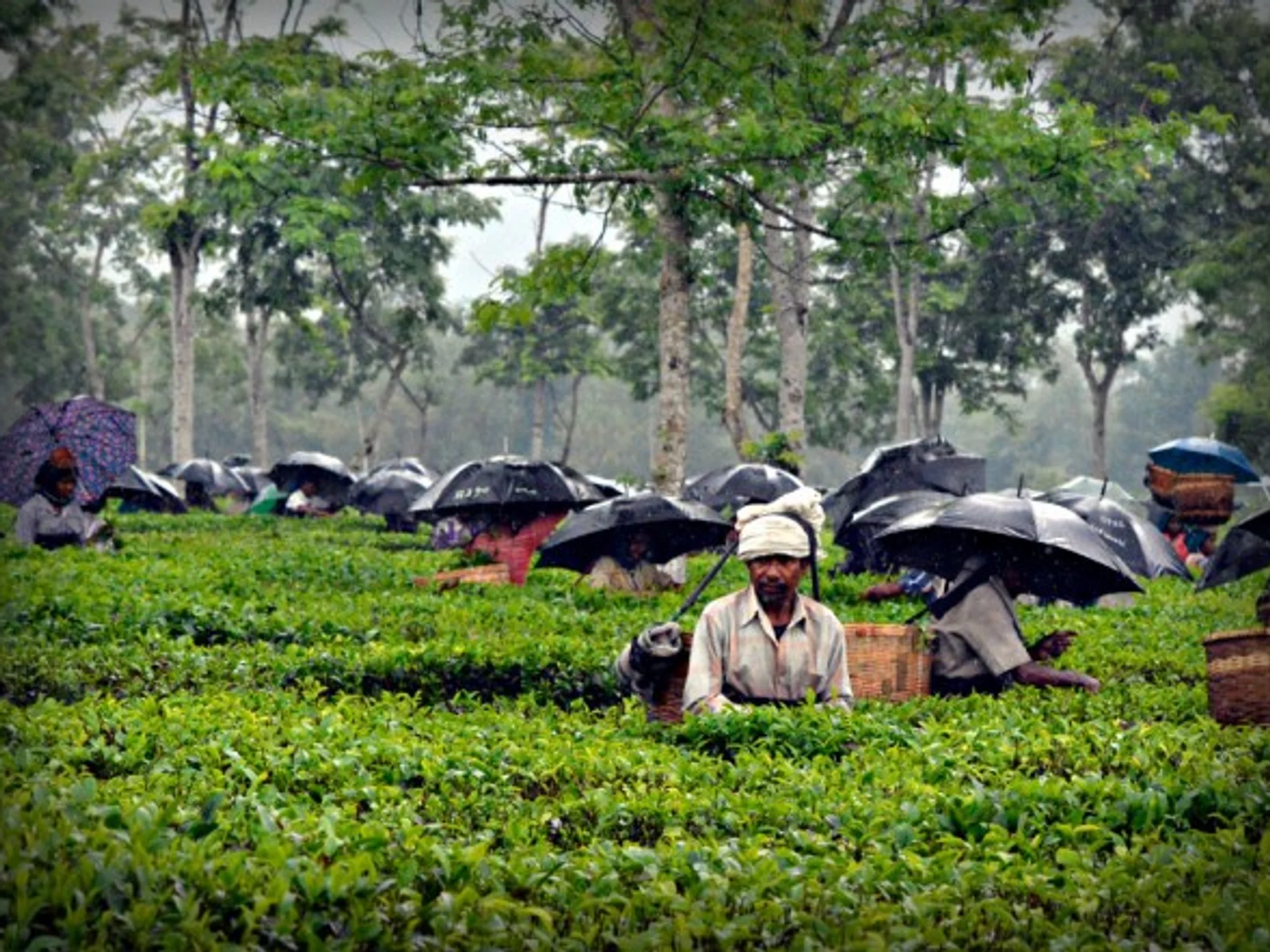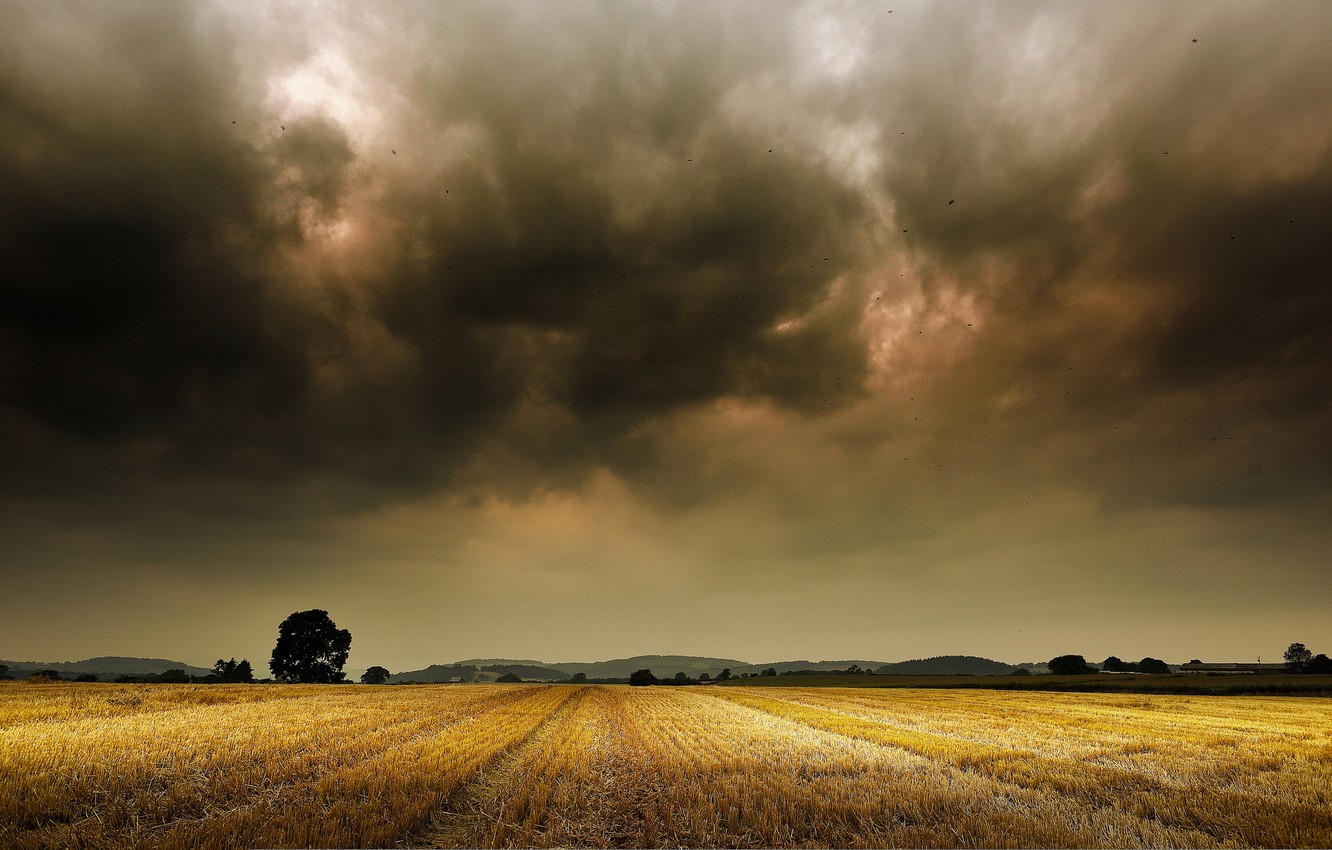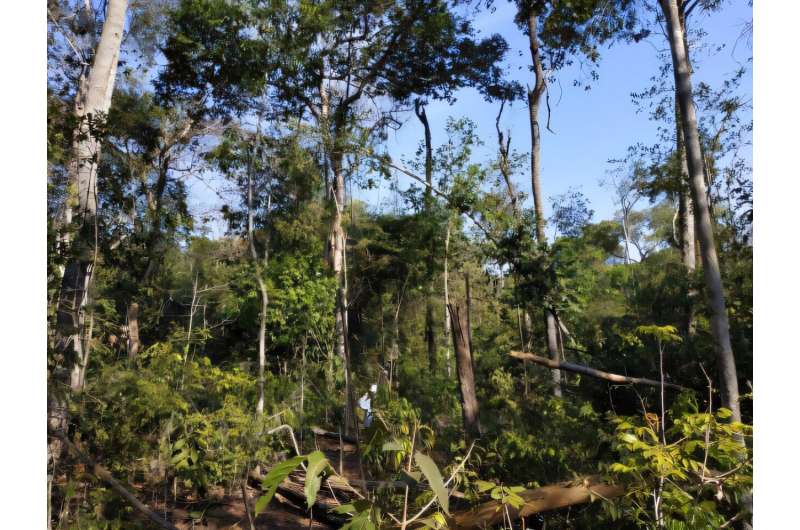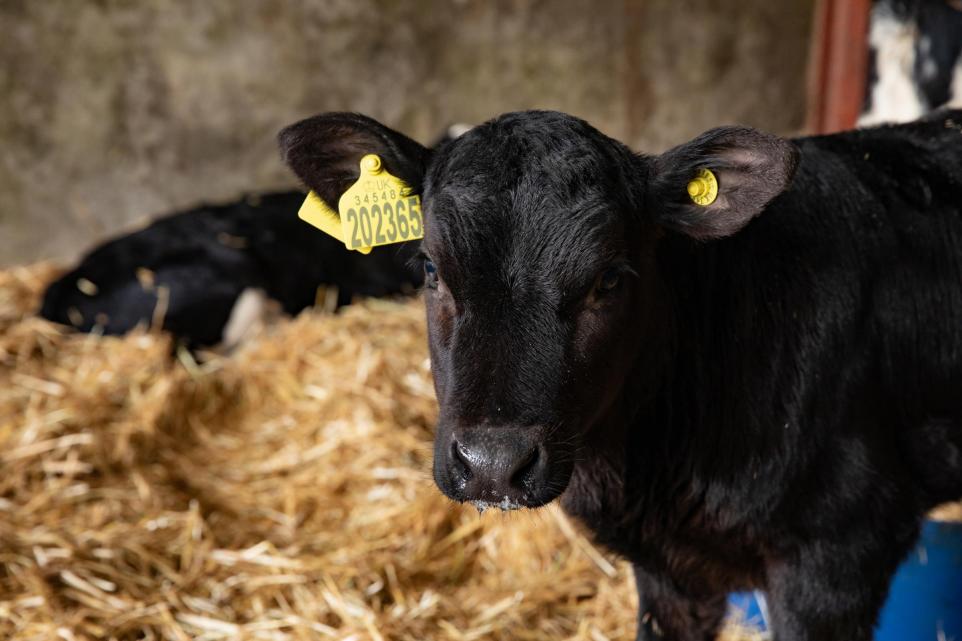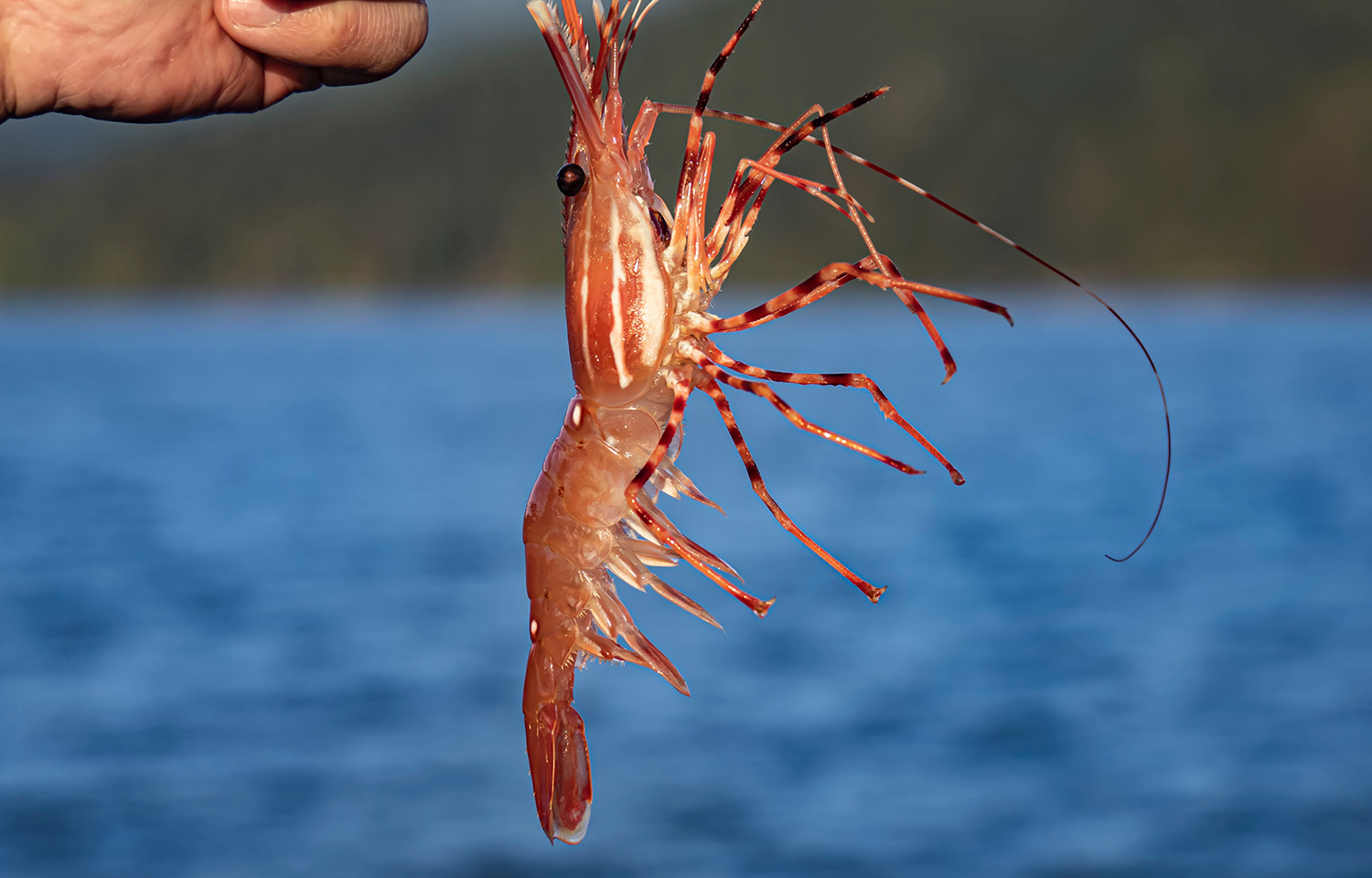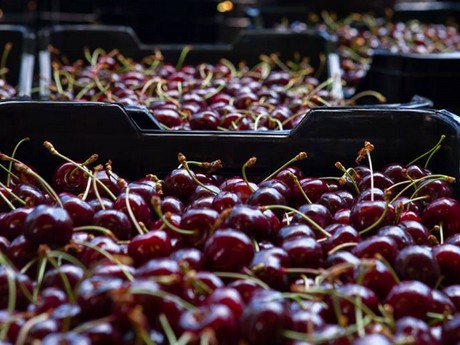The cherry acreage of the Belgische Fruitveiling, or BFV, has shown a rising line for years. The importance of covered production in particular is increasing. This year the cooperative expects a short and challenging season.
The cherry season once again started for the BFV mid-June. The harvesting period is less long than usual this year because of the shorter flowering season. “We’re dealing with exceptional factors this season. Because of the high temperatures, there was a quick and short-lived flowering. Pollination of some cherry varieties wasn’t optimal because of this, which influences setting of the fruit,” says Diether Everaerts of the commercial service early in June. “This is mostly the case for the Regina variety. We were told the harvest of this variety is 50 to 60 per cent smaller than usually. Expectations are good for the other varieties, though. A good pollination is very important for cherries, and it went slightly too quickly due to the warm and dry weather this year.”
BFV’s cherry production has been increasing for years, and this season it amounts to 350 hectares. This concerns outdoor production, 20 to 25 per cent of which is covered. Diether mentions protected production is aimed for from BFV because of the harvest security and a better production. “With outdoor production, it’s common when there’s two good harvests in five years, and three poorer harvests. Besides the harvest security of protected production, quality definitely also plays its part, because there’s less chance of cracks and decay. Cherries can remain on trees longer when they’re covered, so they can continue colouring without the risk of damages. This results in better-looking and larger cherries.”
Covering a must
Of all varieties grown by BFV’s growers, Kordia, Regina, Lapins and Sweetheart are the four main varieties with the largest volumes. “These are dark-coloured flavour varieties, which are looked forward to each year, and which are best known among consumers,” the salesman adds. He explains Lapins is the most productive variety with the highest yield per tree. “However, it’s also the most fragile variety. The cherries can’t stay on the trees long enough to properly colour because the risk of cracks or decay is too large. If these orchards were covered, Lapins would be a good alternative to all other dark cherries, should a shortage ever occur.”
Combined with early varieties Burlat and Samba, BFV is trying to reach a spread of six to seven weeks. “The past taught us Belgian and Dutch wholesalers establish programmes abroad, such as in France, Greece, Turkey or Spain, where they have higher harvest security than here. To persuade wholesalers to choose local production, it’s important to have good varieties, harvest security and a good spreading. Ten years ago, the cherry season lasted four weeks at most. We’re trying to expand this to six or seven weeks.” As said before, this won’t happen this season, because of the short flowering season as a consequence of the warm and dry weather. The cooperative expects a season of five weeks at most. Mid-June, the first Burlat and Samba’s will be harvested, and late July, the season will be closed by Sweetheart. In total, the cooperative’s growers will be able to harvest more than three million kilos of cherries.
Hydro-cooling for better shelf life
Part of the cherries is sorted by the growers themselves, but production is increasingly mechanically sorted by BFV, which results in a more homogenous and uniform product according to Diether. “We can handle a fairly high capacity. During the high season, we operate in two shifts so that we can centrally sort more than one million kilos in that period. Besides, it’s important supply takes place within three hours after the harvest so that the cherries can be hydro-cooled before being sorted. Field heat has to be brought down as soon as possible. This can make a major difference particularly when temperatures are high. By hydro-cooling, shelf life is improved and the stems stay green longer, which is also to the benefit of their shelf life.”
BFV’s cherries are packed under the Truval and Sira brands. Only the premium cherries are marketed under Truval, while the better quality cherries are offered in Sira packaging. Diether explains the importance of a fitting packaging: “Wholesalers want to offer a uniform product and guarantee continuity in this. Consumers are thus encouraged to make repeat purchases. It’s conducive when consumers can find the product in the same conditions and packaging as the week before. Depending on the season, sizes 28+ and 30+ are mostly meant for wholesalers and retail in Belgium. France is also a major buyer of these sizes. For that matter, the French prefer a clear difference between small and larger sizes, and therefore completely ignore the size 26+. When production is covered, it’s easy to achieve sizes 28+, 30+ and even 32+, because these cherries can stay on the trees longer. That’s an additional advantage of protected production.” About 40 per cent of BFV’s cherries is sent to department stores, about 20 per cent is sold to wholesalers and the rest is for export.
Challenging sales season
At the time of writing, the cherry season hadn’t started yet for BFV. Diether expects the season to start within two weeks. He talks about how some cherries already have a yellow shine, which means that when it doesn’t become colder and start to rain, the cherries won’t get a chance to get larger. Yet he hopes for a few more millimetres in the following weeks. “Its’ very important how we market the first cherries. If it’s warm everywhere and all European production countries are on the market, sales will be quite difficult, resulting in lower prices. We can see this with strawberries now, which are all entering the market at the same time, resulting in lower prices. We’re hoping to be able to make good price agreements in advance, but there will be some pressure on prices.” Normally, Europe has a good spreading regarding cherry supply. This season is exceptional and it’s indeed looking as if everything will arrive at the same time. “It will be challenging, but I think we’ll manage. A good season never actually has too many cherries. Moreover, the Belgian cherries have a unique position, and there are all sorts of (sporting) events that boost sales. All in all, we’re definitely feeling positive.”
BFV also expects to continue expanding their cherry acreage in coming years, although this growth will be less rapid than in previous years. In the end, the cherry acreage will amount to 400 hectares. “We’re fully dedicating ourselves to protected production in the coming years. We’re hoping to cover at least 40 to 50 per cent in coming years. Protected production gives more security, which will become a necessity rather than an advantage regarding the ever more extreme weather circumstances.” Diether confirms the high cost of covering the orchards. The cooperative is looking into ways to help growers with this. For example, there’s a plan to buy the material together and develop investment programmes to this end.
Source - http://www.freshplaza.com

